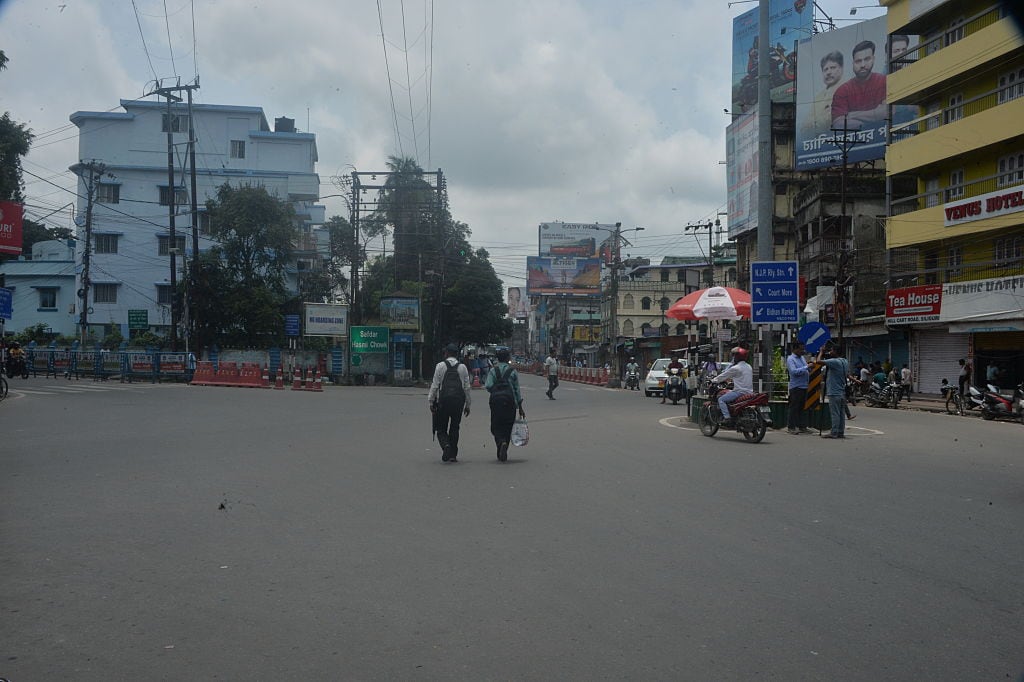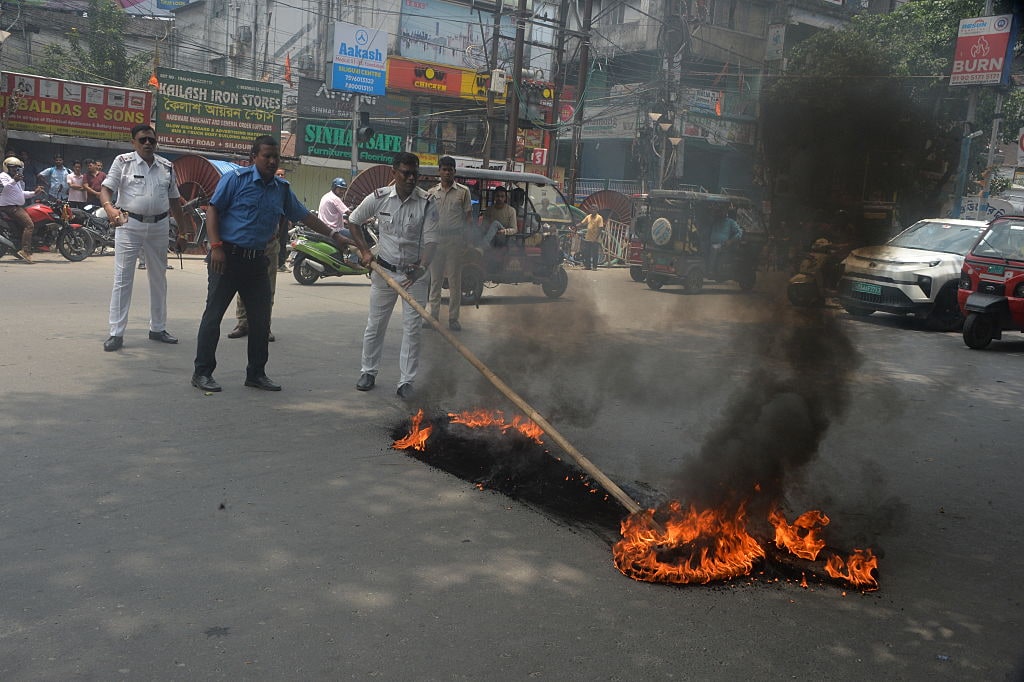India is bracing for a massive show of strength from its working class as central trade unions have called for a nationwide strike on Wednesday, July 9. Over 25 crore workers spanning a wide range of industries—both organised and unorganised—are expected to hit the streets in protest.
Backed by an alliance of rural and agricultural labour organisations, the strike aims to send a message to the government that policies favoring corporate giants at the expense of the working poor will not go unchallenged.
Bharat Bandh: Why are workers protesting?The unions have accused the government of systematically undermining worker and farmer interests. A primary point of contention is the increasing preference for rehiring retired personnel over recruiting fresh talent in major public sector entities such as the Indian Railways, NMDC Ltd, the steel industry, and educational institutions.
In a nation where 65% of the population is under 35, and unemployment is at its peak among the 20-25 age group, the unions view this as a grossly negligent policy that sidelines the youth and fuels joblessness.
Key pointsThe strike is spearheaded by an influential coalition of trade unions, including INTUC, AITUC, CITU, HMS, SEWA, AIUTUC, AICCTU, LPF, UTUC, and TUCC. Their joint resistance targets the controversial new labour codes, which they argue dilute hard-earned labour rights, long working hours, and impose severe restrictions on unionising and strike actions.
In their 17-point charter of demands, the unions have called for creation of more government jobs, increased wages and workdays under MGNREGA, implementation of urban employment guarantee schemes.
Despite submitting these demands to the Labour Ministry, the unions claim the government has shown no genuine intent to engage in dialogue or offer substantive solutions.
Over 25 crore workers are expected to join the strike, spanning across industrial hubs, rural landscapes, and urban workplaces.
Farmers and rural workers are poised to be key participants, making it a truly pan-national movement.

Banking operations may face disruptions, although banks will remain officially open since the Reserve Bank of India (RBI) has not declared a holiday.
Stock markets will remain operational, with no trading holiday scheduled.
Educational institutions and government offices are expected to function normally, but localized disturbances may arise depending on participation levels.
Public transport could be significantly impacted in certain regions, leading to travel delays for commuters, students, and office-goers.
Similar nationwide strikes were previously observed on November 26, 2020, March 28–29, 2022, and February 16, 2024—each time rallying against privatisation, job precarity, and the casualisation of labour.
You may also like

Defence to critical minerals, India and Namibia solidify ties across key sectors during PM Modi's visit

Billie Eilish is set to headline The O2 - you can still get last-minute tickets here

Grantchester star makes 'bittersweet' statement as he says goodbye to ITV show

Death of 'lovely, kind' Classic-winning sire of Willie Mullins stars after illness

Amanda Holden makes urgent plea as 'career-threatening' blunder leaves her mortified







